
A massive nature drama involving some 10,000 Adélie penguins and
an iceberg is playing out in an Antarctic bay opposite Australia.
Scientists fear the colossal ice heap is blocking the birds from feeding
in the sea, and they have already stopped hatching.
Researchers from the University of New South Wales censused the penguins as part of the Australasian Antarctic Expedition 2013–14 and have now published their findings in The impact of the giant iceberg B09B on population size and breeding success of Adélie penguins in Commonwealth Bay, Antarctica in Antarctic Science.
They found that the sea ice extended up to 60 kilometers across East Antarctica's Commonwealth Bay in 2013 and the penguin colony at Cape Denison now has a 120-kilometer journey to feed at the sea ice edge, leaving a devastating impact on the population.
About a century ago, it was estimated that around 100,000 penguins made their base at Cape Denison.
There are now less than 10,000 left, according to the research team, which also noted the remaining penguins were docile and that many were not hatching eggs.
The researchers found, however, that an Adélie population “on the eastern fringe of Commonwealth Bay, just 8 km, from the fast ice edge was thriving, indicating the arrival of B09B and fast ice expansion” were the probable factors behind the population decline at Cape Denison.
They also noted hundreds of abandoned eggs and “freeze-dried carcasses of the previous season’s chicks” on the ground.
Professor Chris Turney of the University of New South Wales, one of the report’s authors, told IFL Science: “We have no idea how long B09B will stay there. It could move this year, or it could be there for decades to centuries.”
"There is some evidence that this might have happened in the past," Turney added.
It is not known how the 5,520 surviving penguins pairs have been finding food - whether it is through rare cracks in the ice or if they are making the journey all the way to the edge.
Turney said the penguins appear unable to move to new colonies and there is no prospect for rescuing them by carving holes in the ice, as these would rapidly freeze over.
That leaves them at the mercy of the iceberg.
Turney and his colleagues concluded that “unless the B09B relocates or the now perennial fast ice within the bay breaks out” the Adélie penguin colony of Cape Denison could be no more in two decades time.
source





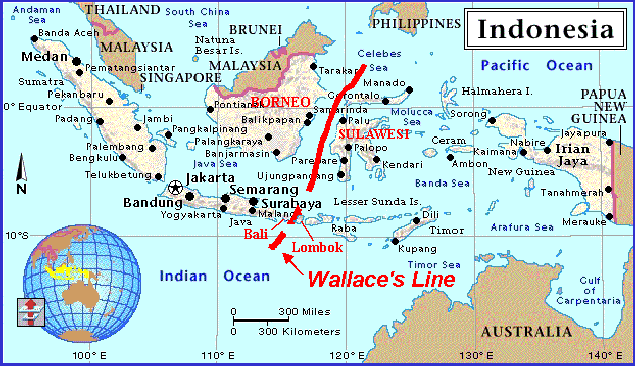


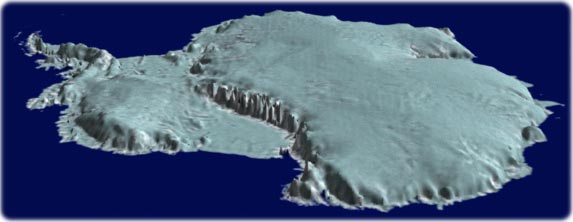
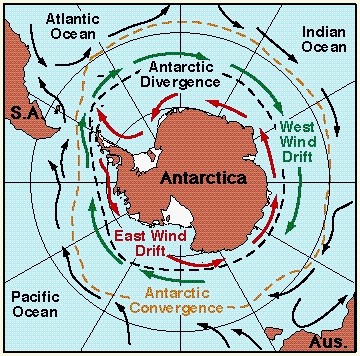





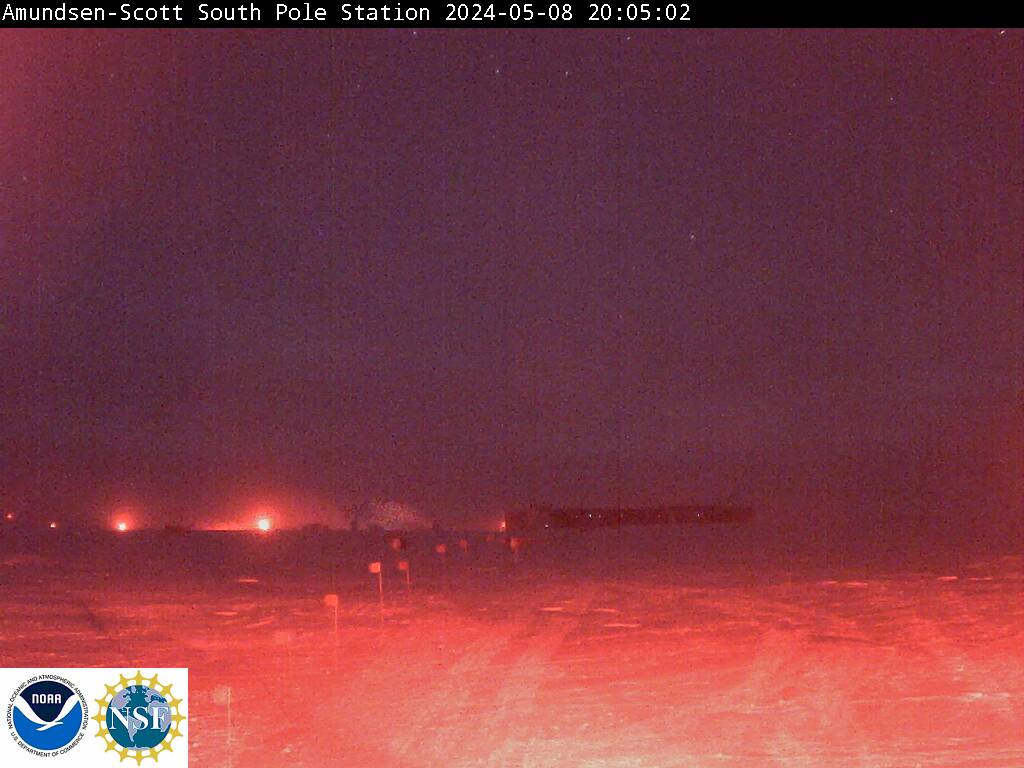
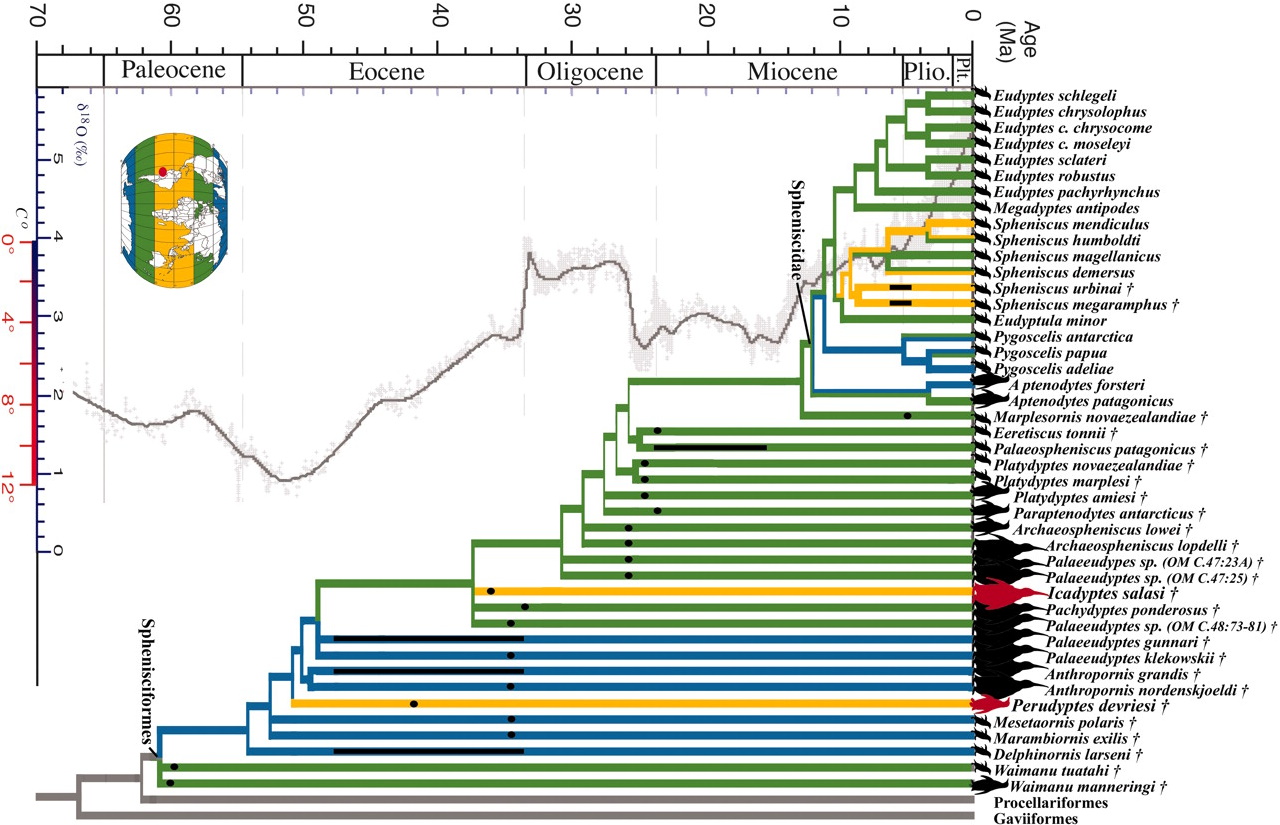

No comments:
Post a Comment